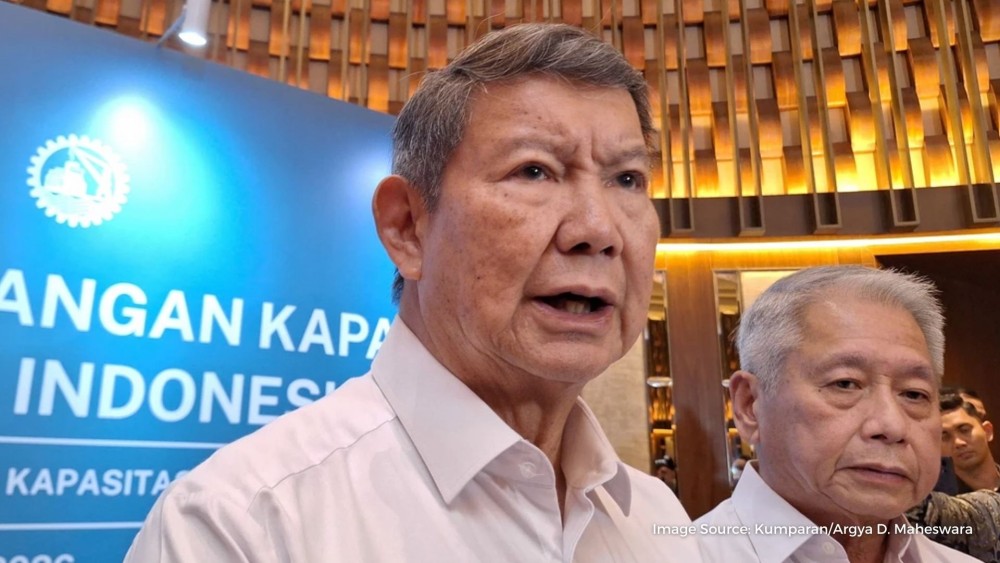Indonesia’s New Investment Regulation to Accelerate Licensing Process
07 Aug 2025

Minister of Investment and Downstream Industry and Head of the Investment Coordinating Board (BKPM), Rosan Roeslani, stated that the investment licensing process in Indonesia has undergone a significant acceleration. This development follows the issuance of Government Regulation No. 28 of 2025 on the Implementation of Risk-Based Business Licensing, which replaces Government Regulation No. 5 of 2021.
Roeslani explained that until now, the Ministry of Investment and Downstream Industry has served as the entry point for investment permits, but the subsequent processing was handed over to 18 other ministries or relevant government agencies. When transferring permit requests, the Ministry sets a deadline for their return so they can be followed up. In reality, he said, the return of these investment licensing documents often exceeds the allotted time. He cited an example of a permit that should have been processed within 15 days but ended up taking 15 months.
"With the new regulation now in place, if a ministry does not return the documents on time, I can automatically issue the investment permit," said Roeslani during the Indonesia-Japan Executive Dialogue 2025 on Wednesday (August 6). He added that this new authority would provide stronger legal certainty for investors and expressed hope that this breakthrough could be further enhanced in the future.
Roeslani acknowledged that many challenges remain in the investment sector but believes the new regulation marks a meaningful step toward improving investor confidence.
The government previously outlined several key aspects of Government Regulation No. 28/2025. One of them is the inclusion of a Service Level Agreement (SLA) framework within the business licensing process, which defines strict deadlines at every stage—from registration and document validation to final verification and issuance.
Another major component is the staged implementation of the fictitious-positive policy. This mechanism ensures that if a government response exceeds the SLA deadline, the system automatically proceeds to the next step in the licensing process without waiting for further approval.
The regulation also places special emphasis on micro and small enterprises (UMK). It simplifies licensing procedures for these businesses by allowing a self-declaration model through the Online Single Submission (OSS) system. To support this, the OSS platform has been upgraded with three new subsystems: one focused on Basic Requirements, another on Business Facilities, and a third dedicated to Partnerships.
In addition to these reforms, the government has made it clear that PP No. 28 of 2025 is the sole reference point for business licensing. “We want to underline that this regulation serves as a single reference, meaning that no additional requirements or permits may be issued by any ministry, government agency, regional authority, or zone manager unless they are explicitly regulated in this PP,” said Susiwijono Moegiarso, Secretary of the Coordinating Ministry for Economic Affairs, as quoted by Antara on Thursday (August 7).
This article is published in partnership with Katadata
Original article here








